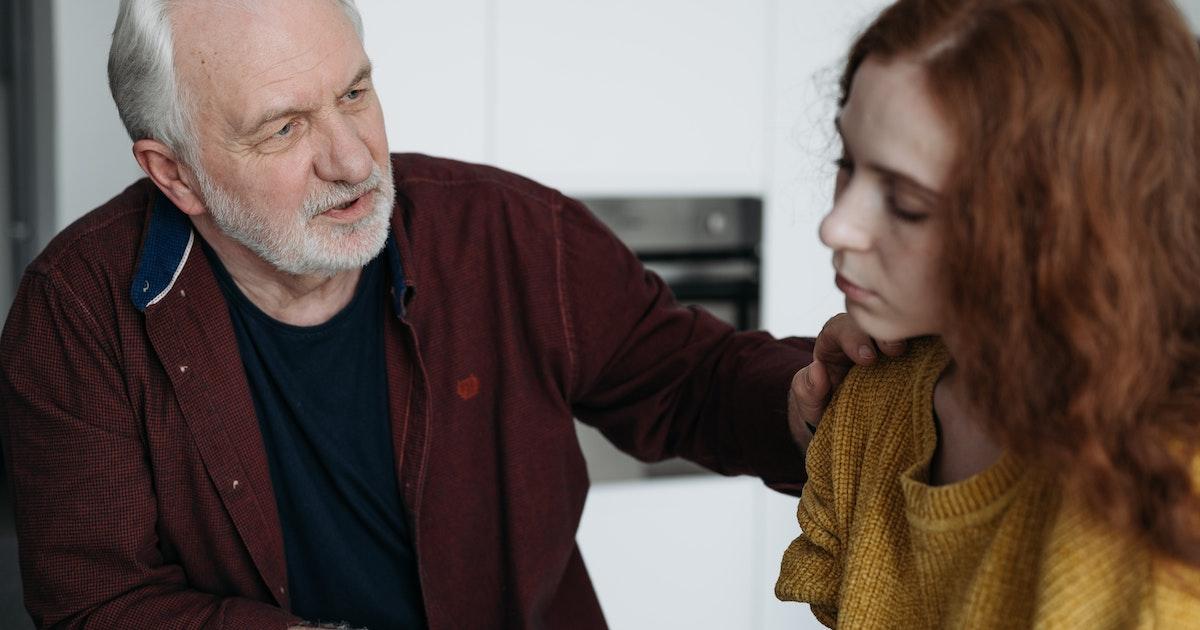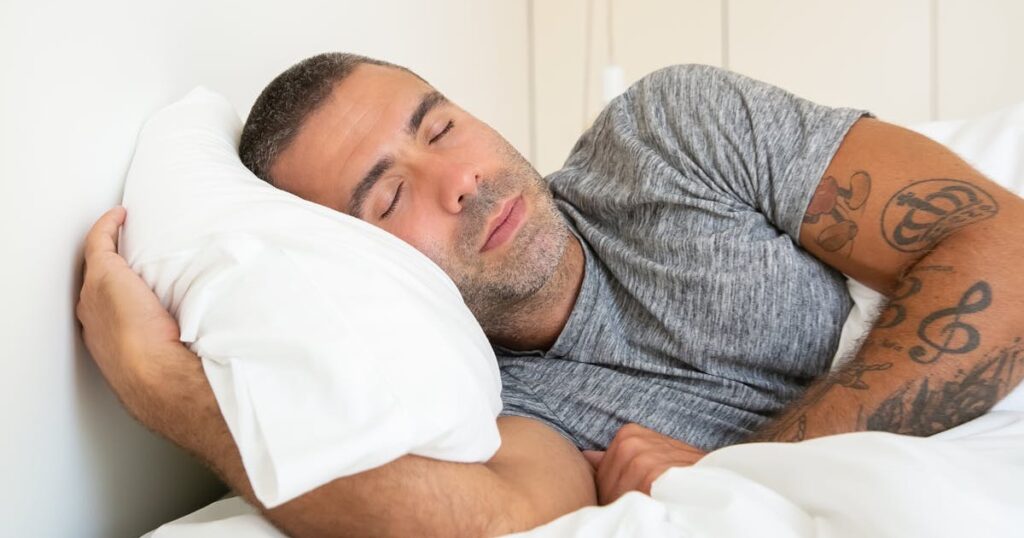What is Heroin? What Makes it So Addictive?
Heroin is an opioid drug made from morphine. It can be a white or brown powder, or it can be a black, sticky substance (black tar heroin). People use the drug by smoking, injecting, sniffing or snorting it. As potent as this drug is on its own, tolerance and dependence can cause users to combine heroin with other drugs and alcohol. This significantly increases the risk of overdose.
Since heroin enters the brain and binds to opioid receptors quickly, it produces intense feelings of pleasure and euphoria. Heroin users describe this feeling as a “rush” with effects like warm flushing of the skin, a heavy feeling in the arms and legs, dry mouth and going “on the nod,” which refers to slipping in and out of consciousness.

The more powerful a drug is, the more addictive it is. The fast, intense euphoric feelings that heroin produces is what makes it so habit-forming. Some people try heroin for the first time and get hooked. For others, the downward spiral begins with an innocent prescription to opioid painkillers.
The Link Between Prescription Opioids and Heroin
Prescription pain medications like OxyContin and Vicodin are opioids and produce similar effects as heroin. Research suggests that misusing these drugs can open the door to heroin use. Data shows that between 4 and 6 percent of people who misuse prescription opioids switch to heroin, and roughly 80 percent of people who use heroin first misused prescription opioids.
While prescription opioid misuse is just one factor that can lead to heroin addiction, it’s an important one. Those who are at-risk for substance use must recognize the potential dangers in taking prescription opioids. In these cases, it’s possible that therapy, self-care and alternative medications may be a better treatment approach.
Signs and Symptoms of Heroin Addiction
Heroin is a destructive drug that destroys every aspect of life. The symptoms of heroin addiction can vary depending on the individual, how often they use the drug and how long they’ve used the drug. Here are some common symptoms to watch for:
Physical symptoms:
- Significant weight loss
- Exhaustion and lethargy
- Watery eyes and runny nose
- Warm, flushing skin
- Scabs or bruises
- Track marks on arms or legs
- Flu-like symptoms
Psychological symptoms:
- Difficulty with concentration or focus
- Feelings of shame or guilt
- Increase in depressive disorders
- Poor judgment
- Disorientation
- Mental fogginess
- States of wakefulness and drowsiness
Behavioral signs:
- Needles, syringes or burned silver spoons
- Plastic bags with traces of white powder
- Foil or gum wrappers with burn marks
- Lying about whereabouts
- Withdrawing from friends and family
- Stealing or borrowing money
- Worsening performance at work or school
- Lack of interest in hobbies, activities and personal hygiene
Heroin Withdrawal: The First Step to Quitting
The first step in getting off heroin is detox. This process removes harmful toxins from the body so that it can start the healing process. Detox from heroin takes a week, give or take, and there are many ways to ensure your comfort during this time. Once detox is complete, you can move onto the next step of recovery, which is therapy and counseling.
Here is a brief rundown of what to expect from heroin withdrawal:
- First 24 hours. Heroin withdrawal symptoms typically occur within hours from the last dose. Short-term symptoms are uncomfortable and include a fast pulse, increased breathing, increased blood pressure, sweating, diarrhea, bone pain and muscle cramps.
- 24-36 hours. Withdrawal symptoms intensity during this time. This is the most dangerous part of detox becuase psychological and physical symptoms are at their peak.
- Days 4-6. At this point, the drugs are out of the system, and most symptoms begin to taper off. However, heavy users may still struggle with severe symptoms.
- Days 7+. Because physical functions are restored by this point, many people are moved out of heroin detox and into a treatment program. Therapy and counseling address the deeper issues for heroin use and are necessary parts of healing.
Treatment for Heroin Withdrawal
Treatment for heroin addiction involves a combination of medication, therapy and aftercare. Recovery Cove creates highly individualized treatment plans that address each client’s unique needs, with room for adjustment based on their progress.
Medication-assisted treatment
There are several FDA-approved medications used to treat heroin addiction. These medications decrease cravings and alleviate withdrawal symptoms. They can be used long term, if needed.
- This drug reduces cravings for heroin and does not produce a high, so there’s less risk of becoming addicted.
- This medication stops a person’s ability to experience the pleasurable effects of heroin. It’s non-addictive and long-acting.
- Used for more than 50 years, methadone makes it impossible to experience a high from opioids.
Behavioral therapy
In addition to medication, behavioral therapy is also an important part of heroin addiction treatment. Therapy helps individuals learn about the underlying reasons for the substance use and teaches new healthy behaviors to prevent relapse. Because heroin has a high relapse rate, it’s especially important to address underlying trauma or mental health issues.
Self-Care
Self-care is incredibly important when recovering from any type of drug, and heroin is no exception. It takes time for the brain to recover, and it’s normal to experience cravings and psychological symptoms for months or even years after rehab. Taking care of the mind and body during this time will make it easier to handle these negative effects.
Heroin Addiction Treatment Center in Easton: We’ll Help You Build a Sober, Healthy Life
Choosing a treatment center that offers evidence-based and alternative therapies is ideal, as this will give you a strong foundation for fighting heroin addiction. Recovery Cove is a drug and alcohol treatment center that has success treating heroin addictions. We offer dual diagnosis treatment that addresses both the heroin use and any co-occurring mental health disorders. Contact us today at 484-549-COVE to learn more about our heroin addiction treatment services.
he therapy, support, and tools you need to achieve long-term recovery.








